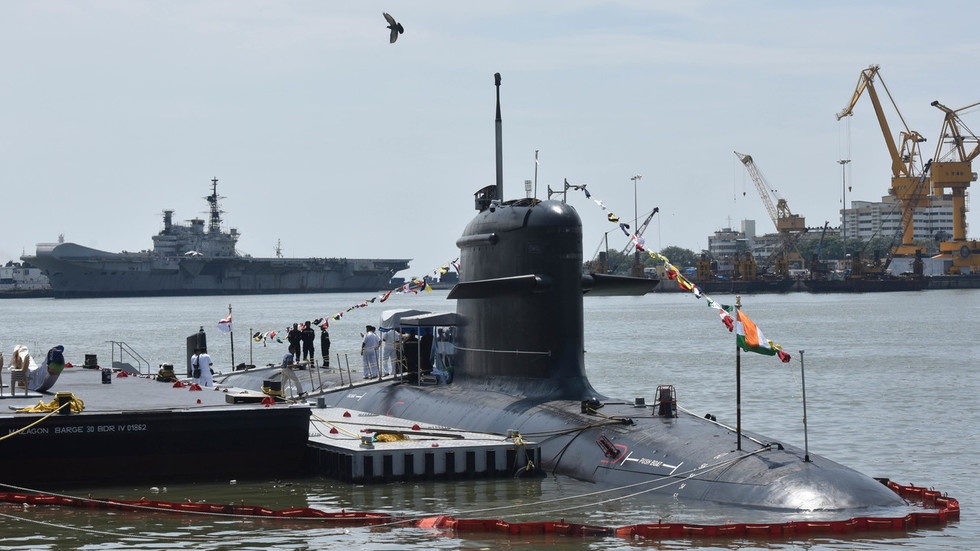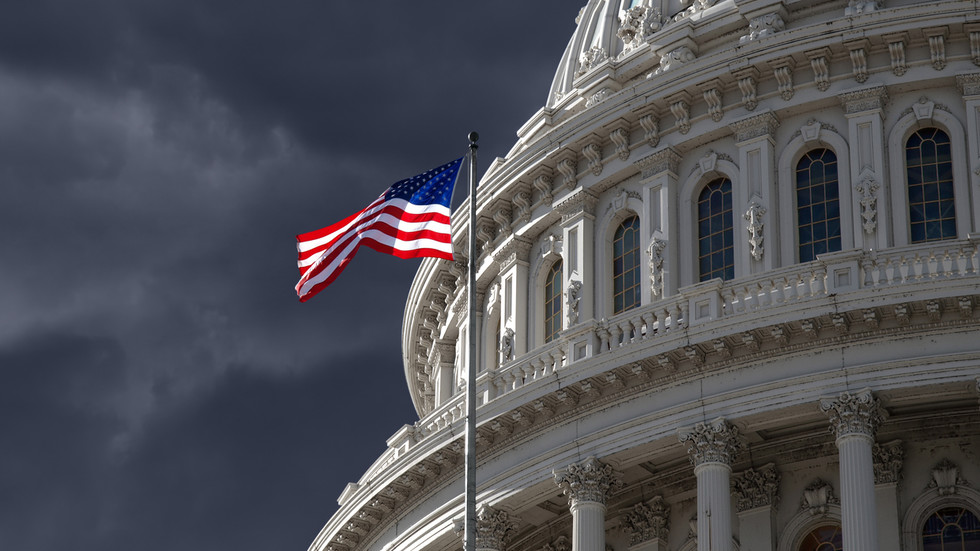Politicians, survivors, relatives and descendants gathered on Sunday to mark the 80thanniversary of the liberation of the Buchenwald concentration camp in Weimar, in the German state of Thuringia.
The Nazi camp was liberated by US soldiers on April 11, 1945.
Sunday's commemoration began with speeches by Mario Voigt, Thuringia's state premier; and Christian Wulff, a former German president.
Wreaths are to be placed at a memorial in the camp's former roll-call square on Sunday afternoon as well.
The Buchenwald and Mittelbau-Dora Memorials Foundation says it expects up to 10 survivors from Belarus, France, Germany, Israel, Romania and Switzerland to attend this year's ceremony.
Another ceremony will be held on Monday to mark the liberation of Buchenwald's Mittelbau-Dora annex.
 The first prisoners — Jews, Roma, homosexuals and Soviet prisoners of war — began arriving in Buchenwald in the summer of 1937, by 1945, some 340,000 people had been sent to the campImage: Martin Schutt/ZB/picture alliance
The first prisoners — Jews, Roma, homosexuals and Soviet prisoners of war — began arriving in Buchenwald in the summer of 1937, by 1945, some 340,000 people had been sent to the campImage: Martin Schutt/ZB/picture allianceConcerns over the future of Holocaust remembrance
The first prisoners — Jews, Roma, homosexuals and Soviet prisoners of war — began arriving in Buchenwald in the summer of 1937. By 1945, some 340,000 people had been sent to the camp. In all, roughly 56,000 people were murdered at Buchenwald and another 20,000 at Mittelbau-Dora.
Mittelbau-Dora attained notoriety for being a site where prisoners were forced to help build Germany's V1 and V2 rockets.
But 80 years on, there are fewer eyewitnesses alive to speak out about the lessons of a dark past. In 2005, some 300 survivors attended a 60th anniversary ceremony, this year it will be fewer than a dozen.
This also comes against the backdrop of a rise of the far-right in Germany and across the Western world. Locally, the far-right Alternative for Germany (AfD) is now the largest party in Thuringia.
The AfD has been hostile to the idea of Germany's so-called "remembrance culture" and has previously downplayed Germany's Nazi past and urged society to move on and forget that part of Germany's history.
White-washing German history
"The certainties of the post-war decades... have become fragile," according to Jens-Christian Wagner, the historian who heads the Buchenwald and Mittelbau-Dora Memorials Foundation. "Liberal democracies are caught in the middle [between US President Donald Trump and Russian President Vladimir Putin] and in Germany, the AfD is notoriously spreading historical revisionism."
Among those in attendance at this year's ceremony will be Buchenwald survivor Albrecht Weinberg, who says he is also worried by the rise of the AfD, which also made huge gains in February's general election.
Weinberg, now 100, returned to Germany in 2012 after decades in the US and has spent years educating students about the Holocaust. He said young people "shouldn't be afraid to open their mouth and say that something is not right."
Weinberg made international headlines in late January when he protested the attempted passage of harsh immigration legislation — put forth by chancellor-in-waiting Friedrich Merz of the CDU and advanced in Germany's Bundestag parliament with votes from the AfD — by returning a German federal order of merit award given to him in 2017.
Israel pressures memorial foundation to cancel speaker
Beyond dwindling numbers of survivors, rising antisemitism, growing rightwing sentiment and historical revisionism, this year's ceremony has also brought another problem to light, a conflict between the state of Israel and the organizers of the memorial ceremony.
On Saturday, Wagner voiced criticism of Israel's insistence that German-Israeli philosopher Omri Boehm's invitation to speak at the Weimar event be revoked.
Boehm, the grandson of Holocaust survivors, has been critical of the Israeli government. Israel's German embassy said it had been a "grave insult to the commemoration of victims" to invite Boehm in the first place and has accused him of relativizing the Holocaust.
Organizers said they spoke with Boehm and decided to postpone his address until a later date, saying the decision was made to avoid dragging survivors into the row.
An official statement said the situation "threatened to overshadow the 80th anniversary. Worse still — it threatened to see survivors who have already endured much emotional injury pulled even deeper into the conflict."
"I've never experienced anything like that," said Wagner. "And honestly, I never want to experience it again… to really be pushed."
Israel's ambassador to Germany, Ron Prosor, attacked Wagner on X, criticizing the idea of inviting Boehm as "ludicrous" and adding that he was happy to have stopped Boehm from speaking.
In Berlin, the German government emphasized the need for the country's memorial sites to be allowed to function independently of outside influence.
Deputy spokesperson Wolfgang Büchner said, "The ceremonies to which they actively invite us are founded on the premise that they can pursue their work in complete freedom, without having to bend to demands from state institutions or civic groups."
Boehm, whose book "Radical Universalism" won the 2024 Leipzig Book Prize for European Understanding, has not spoken on the matter.
Never forget? Germany's remembrance culture
Edited by Jenipher Camino Gonzalez

 1 day ago
5
1 day ago
5









